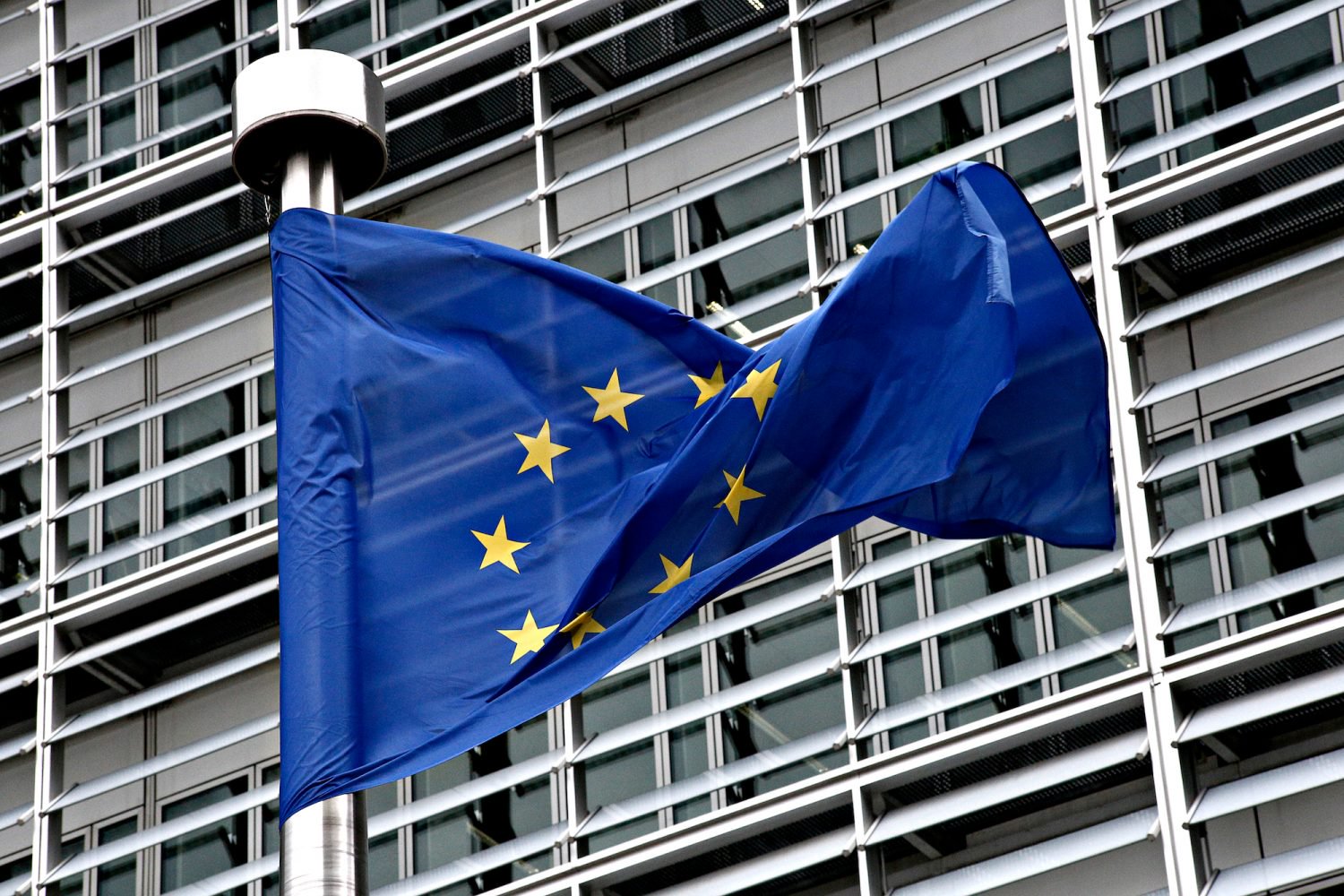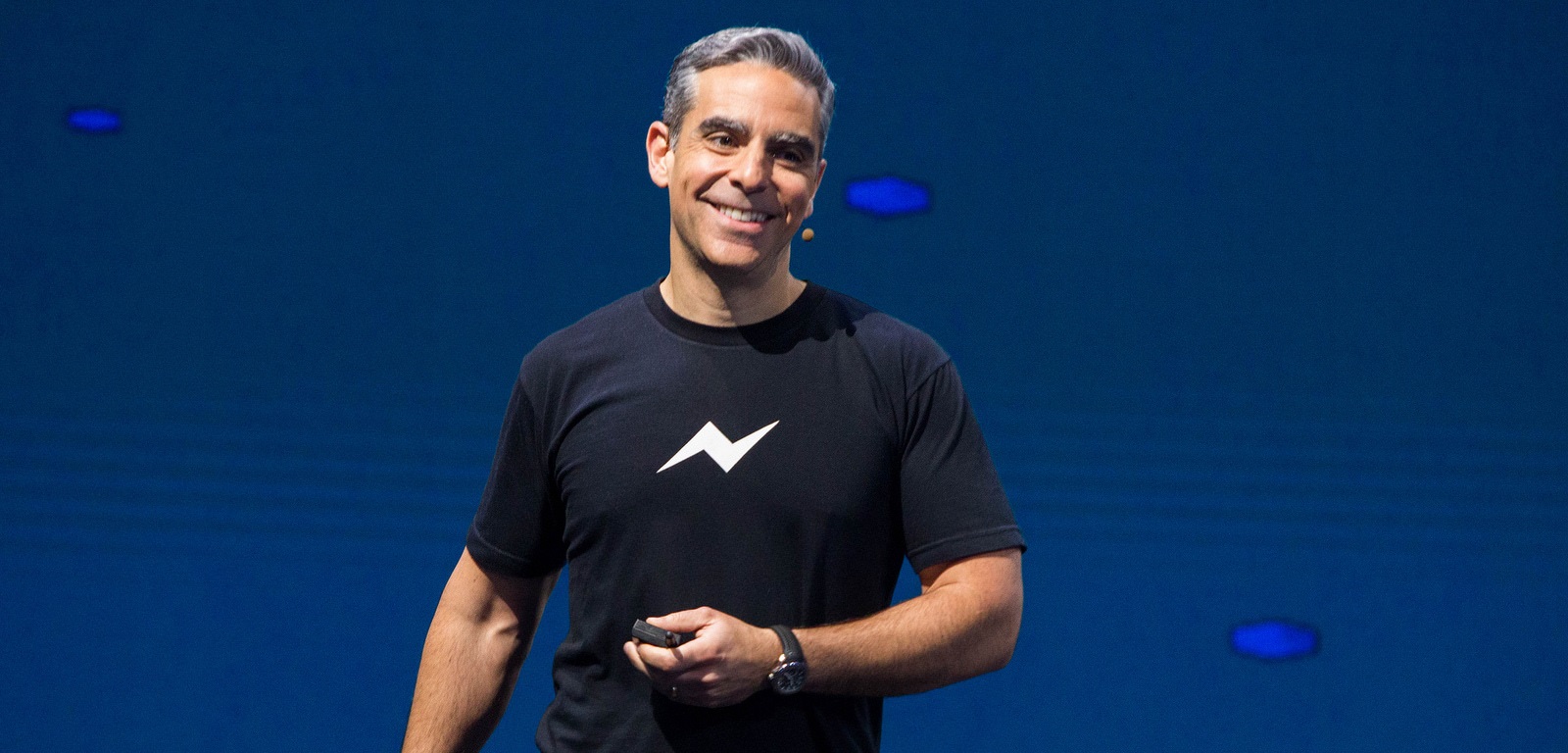Bitcoin’s ‘Kimchi Premium’ Vanishes Again as Trading Range Tightens

The spread between the price of bitcoin on South Korean and U.S.-based crypto exchanges, which returned in June and hit 16-month highs, has disappeared once again.
A measure of how much more South Koreans pay for bitcoin, the spread, known colloquially as the “kimchi premium,” has reached remarkable levels, peaking at 54.48%, according to researchers at the University of Calgary. It then dropped and ultimately vanished, only to return again recently, running at around 5 to 10%.
But last week, local newspapers started to notice that bitcoin was back to trading lower in won terms. The Dong-a Ilbo, one of the country’s major publications, reported on August 5 that bitcoin was priced just 2.15% higher in dollar markets than in won on South Korean exchanges.
The deficit persists. On August 13, bitcoin was trading on Upbit at 13,678,000 won and quoted on CoinDesk at $11,429.14, which translates to 13,931,951 won, a difference of 253,951 ($208). That’s about 1.8% lower. At the end of the day on Tuesday in Korea, the gap had narrowed, but it remained.
The Dong-a Ilbo believes that the end of the kimchi premium has something to do with the fall of the Korean won. Since the end of July, the local currency has lost almost 3 percent of its value against the dollar.
At the same time, the regulatory environment is becoming more challenging for crypto exchanges in Korea. The banks are starting to more strictly apply AML guidelines and local regulatory requirements, such as real name accounts, while the authorities have recently said they are going to directly supervise the markets.
The University of Calgary researchers argue in an April 2019 paper that the kimchi premium is largely structural. Transfers between markets can take time, and this makes arbitrage difficult.
Profiting on the price difference is a risky trade due to the delay and the volatility of the coin, so the volume of these price correcting transactions is often too low to close the gap. The researchers also said that high transaction costs might disincentivize moves between the markets.
Exchange controls in Korea, though primarily administrative these days, do add friction and can slow the movement of funds needed to balance the arbitrage trade. The controls also have a way of making bitcoin more attractive to people in Korea, as the coin is transnational in nature and potentially a good vehicle for bypassing the exchange controls, the researchers added in their paper.
Korean won image via Shutterstock








